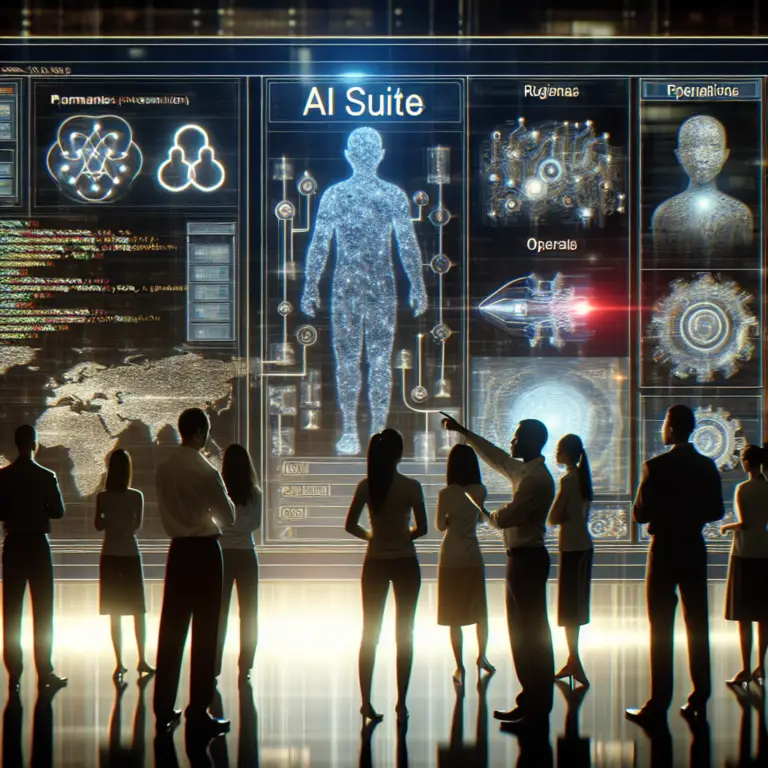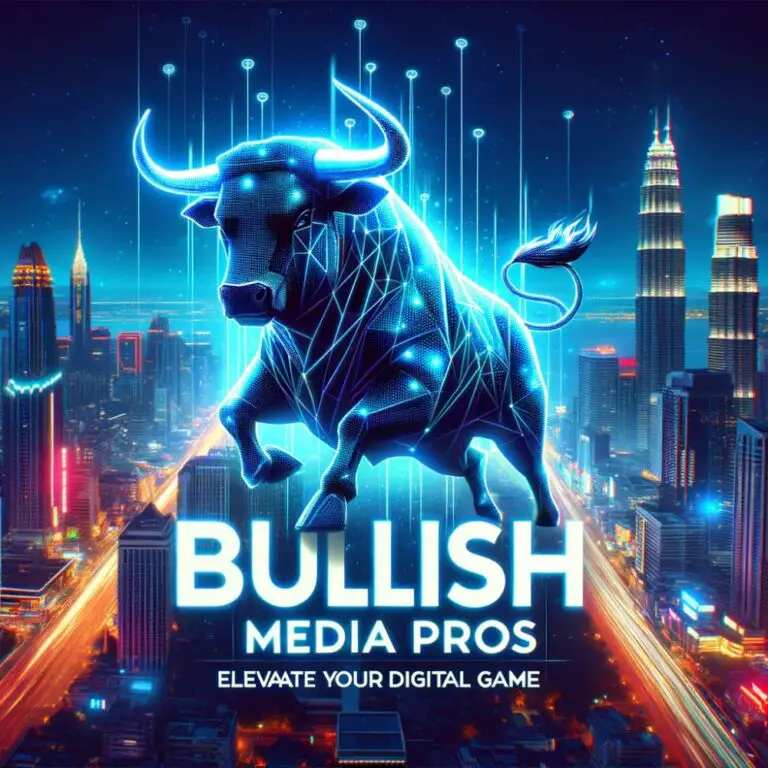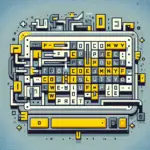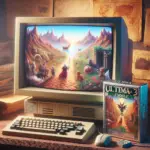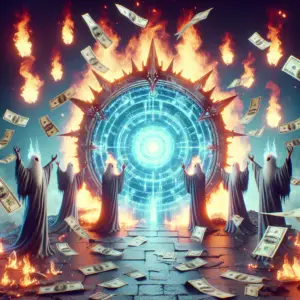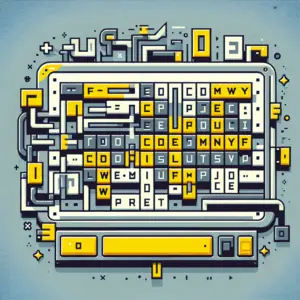Unity has recently been the subject of scrutiny and skepticism from the public, particularly after a series of events that raised questions about the company’s direction and decision-making. Earlier in the year, Unity’s initial approach to integrating AI programs into its development tools was met with concern and confusion from both artists and developers, who felt inadequately informed about the implications of this technology. This, coupled with other missteps, has placed Unity on precarious ground with its user base, prompting the company to assert that it is now committed to building its AI suite in a transparent and responsible manner.
Unity’s AI Integration and Public Response
When Unity announced its plans to incorporate AI programs into its suite of developer tools, the move was met with a wave of concern from the creative community. Artists and developers were apprehensive about the potential misuse of their work and the lack of clarity surrounding the technology’s application. The list of concerns raised included:
- The potential for AI to replicate and distribute copyrighted material without proper authorization.
- The fear that AI could mimic unique artistic styles, thereby diluting individual artists’ brand and value.
- Uncertainty about how AI-generated content would impact the job market for human artists and developers.
- Questions about the ethical sourcing of training data for AI models.
Controversies and Trust Issues
Unity’s journey into AI integration has not been without its share of controversies. One significant setback occurred when Unity had to sever ties with an AI partner accused of using models from SketchFab without proper authorization. This incident raised serious questions about the ethical sourcing of assets and the respect for intellectual property within AI-generated content.
Additionally, Unity faced backlash over a pricing fee fiasco, which was perceived as a rushed decision and led to widespread dissatisfaction among its user base. This was further complicated by the sudden resignation of Unity’s CEO, which occurred amidst these turbulent changes. These events have collectively contributed to a significant erosion of trust in Unity, with users becoming increasingly wary of the company’s decisions and their potential impact on the wider developer community.
Unity’s Commitment to Ethical AI
In response to the controversies, Unity has taken steps to ensure that its AI suite, particularly the Muse suite, is developed in an ethical and responsible manner. Marc Whitten, Unity Create general manager, has emphasized that the suite’s tools utilize data and images that Unity owns or has appropriately licensed.
| Feature | Description |
|---|---|
| Chat Function | Uses external large language models for understanding queries with responses built from Unity’s resources. |
| Texture Generator | Creates textures using a dataset that has been processed to ensure no copyrighted materials are included. |
| Sprite Generator | Generates sprites from a synthetic dataset with multiple layers of human and machine learning oversight. |
Unity’s approach to AI is focused on delivering tools that are not only easy to use but also sourced responsibly, ensuring that creators can confidently use the output in their projects.
The advent of AI tools in the tech industry has sparked a debate about their potential impact on the job market. While these tools, including those developed by Unity, are designed to streamline and enhance the creative process, there is a concern that they could be used to justify workforce reductions and increase the workload on existing staff. This is particularly poignant in light of Unity’s own financial situation, where despite a substantial quarterly revenue, the company has hinted at future layoffs.
Unity’s commitment to ethical AI development and the responsible use of these tools is a step in the right direction. However, the broader implications for employment within the tech sector remain uncertain. Unity’s future plans and the industry’s response to these AI tools will be critical in shaping how technology augments human creativity and labor in the years to come.

